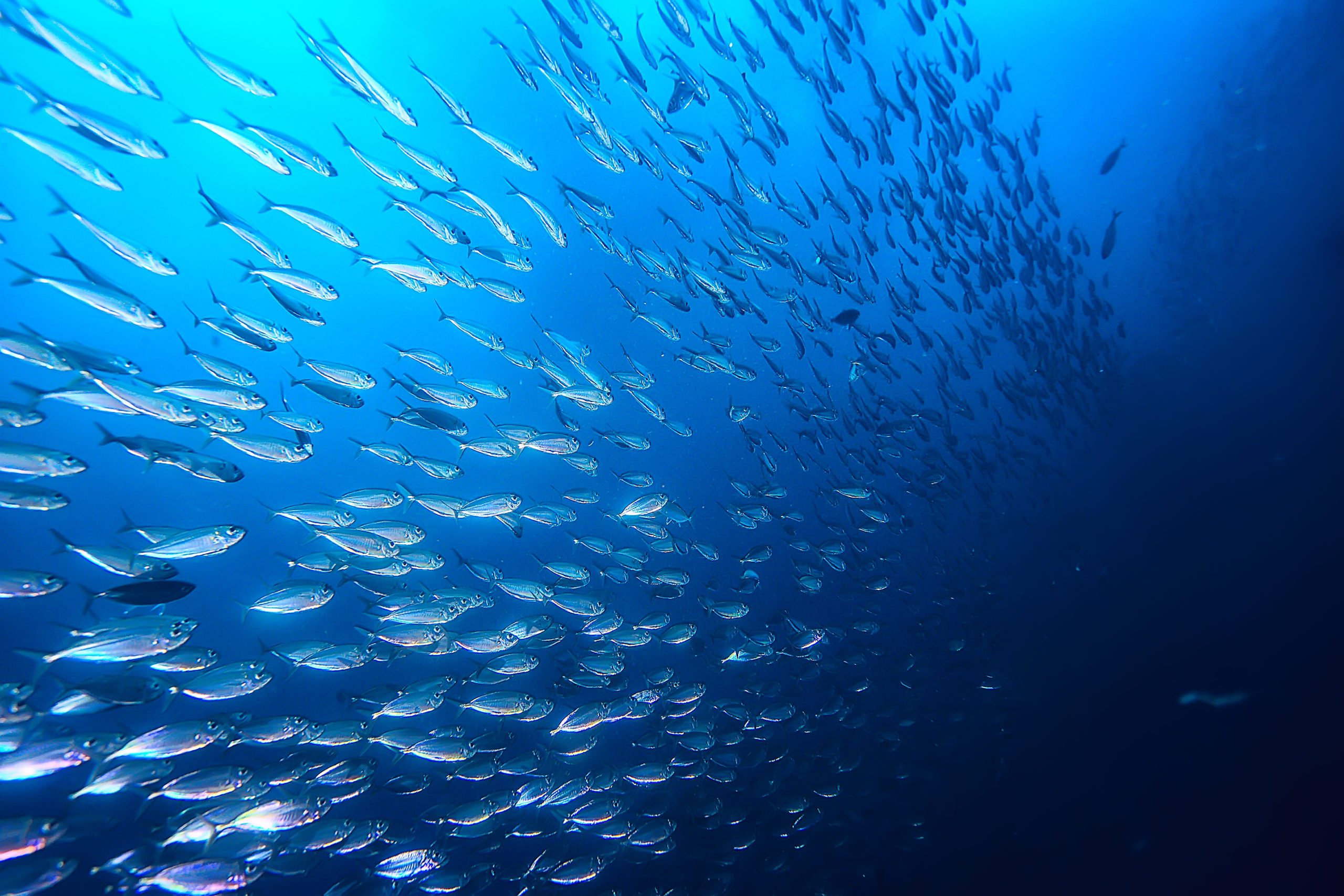
Most of fish populations in the sea are reacting to international warming by transferring to wards chillier waters nearer the north and south poles, according to the newest research study on the effect of environment modification on our oceans.
Analysing the breadth of existing global information on marine fish modification s recently, scientists from the University of Glasgow have actually exposed how fish populations throughout the Earth’s oceans are reacting to increasing sea temperature levels.
The newest research study has actually determined that, in action to ocean warming, lots of marine fish populations are moving to ward the earth’s poles or are moving to much deeper waters– all in a quote to remain cool.
For marine life such as fish, the temperature level of the surrounding water impacts important functions such as metabolic process, development and recreation. Additionally, marine types typically have an extremely narrow liveable temperature level variety making little distinctions in the water difficult to handle. As an outcome, marine life modification s triggered by international warming have actually been up to seven-fold faster than animal actions on land.
Over the last century, international warming has actually had considerable effect on marine environments, with fish types vanishing entirely from some areas. In many cases, marine fish might be able to adjust and modification elements of the ir biology in order to adjust to warmer conditions. In a lot of cases, nevertheless, a modification in the geographical variety might be the just implies of dealing with quick warming. As the existing impacts of international warming on marine environments are forecasted to boost– and with sea temperature levels anticipated to continue increasing– our capability to forecast fish movings will be essential to secure international environments and preserve food security.
This newest research study analyzed information on 115 types covering all significant oceanic areas, to talling 595 marine fish population actions to increasing sea temperature levels– the very first time such a detailed international analysis has actually been carried out.
Carolin Dahms, lead author on the research study, stated: “We observed a striking pattern wherewith types residing in are as that are warming quicker are likewise revealing the most quick shifts in the ir geographical circulations.
” It’s possible that rate of warming in some areas might be to o quick for fish to adjust, therefore transferring might be the ir finest coping method. At the exact same time we see that the ir capability to do so is likewise affected by other aspects such as fish ing, with commercially made use of types moving more gradually.”
Teacher Shaun Killen, senior author of the research study, stated: “While moving to cooler water might enable the se types to continue the short-term, it stays to be seen how food-webs and environments will be impacted by the se modification s.
” If the victim of the se types do not likewise move, or if the se types end up being an intrusive disruption in the ir brand-new area, the re might be severe effects down the roadway.”
Additionally, the research study discovered that how we determine and report the se environment actions likewise matters. While existing literature is prejudiced to wards northern, commercially essential types, in the future more research study from a few of the most quickly altering environments such as in the International South will be required to enhance our understanding of how our oceans will modification
The paper, ‘Temperature level modification impacts on marine fish variety shifts: a
meta-analysis of environmental and methodological predictors’ is released in International Modification Biology.